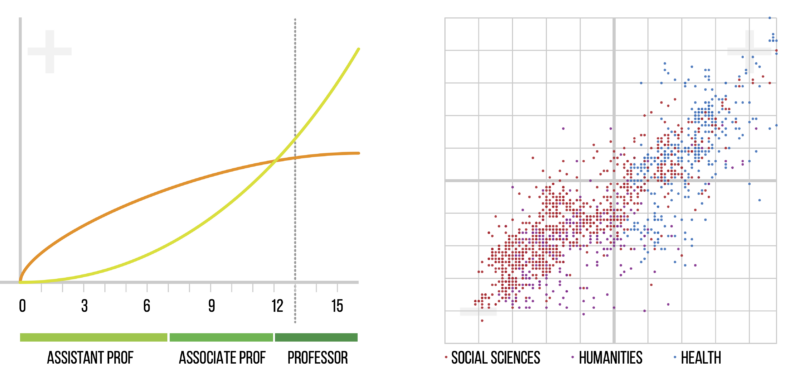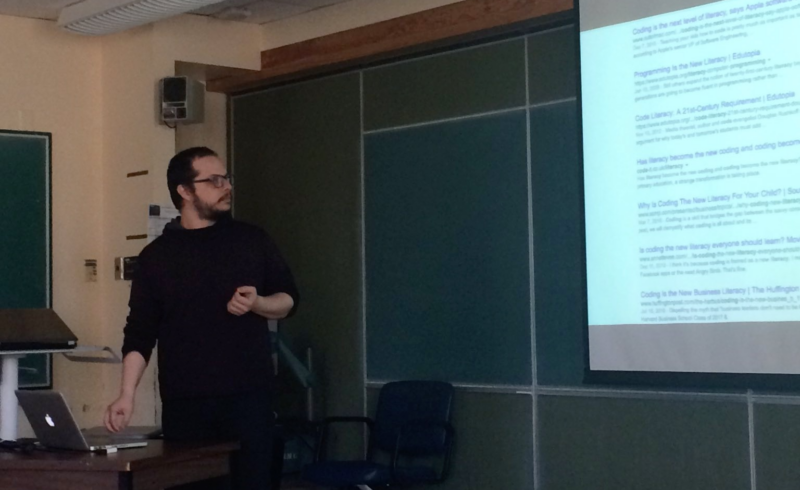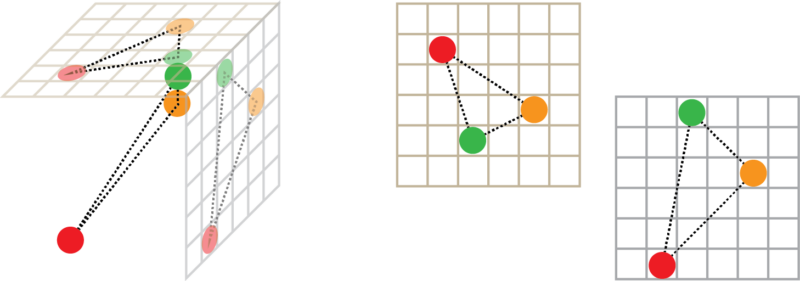In this presentation, we explore the pedagogical potential of disrupting automated processes of digital media production across modalities to produce unpredictable and educational results. In doing so, the learner/artist/researcher is provided with evidence of hitherto invisible, automated means of digital production. In particular, we are interested in processes of transmediation (Semali, 2002) in which data in one mediated state is translated via raw data, into another medium/mode of communication. These functional junctures of codification reveal the formative space between modes of representation. We argue that disrupting recodifying processes can lead to greater critical awareness and understanding of digital artifacture through experimentation and code-play (Siegel, 1995). In tandem with pedagogical opportunities to enhance understanding of contemporary communicative media contexts, error in the context of digital automation arises as a compelling new genre of arts-based research. Glitch art serves as a liberating and emancipatory turn in the relationship between “users” and digital artifacts, where the user becomes artist, interpreter, a generative participant in processes that otherwise limit their involvement to content selection and curation. Taking this process one step further, we investigate the integral practice of software development and the model of GitHub as a space of community-based innovations in code-writing and assemblage of automated processes to generate new affordances for media producers. Our intent is to produce a generative survey of “glitch as pedagogy” and to use this to inform and shape a more general theory of contemporary transmediation as social practices of literacy using critical semiosis (Armstrong, 2006).
The rest of the text of this presentation is available here.



